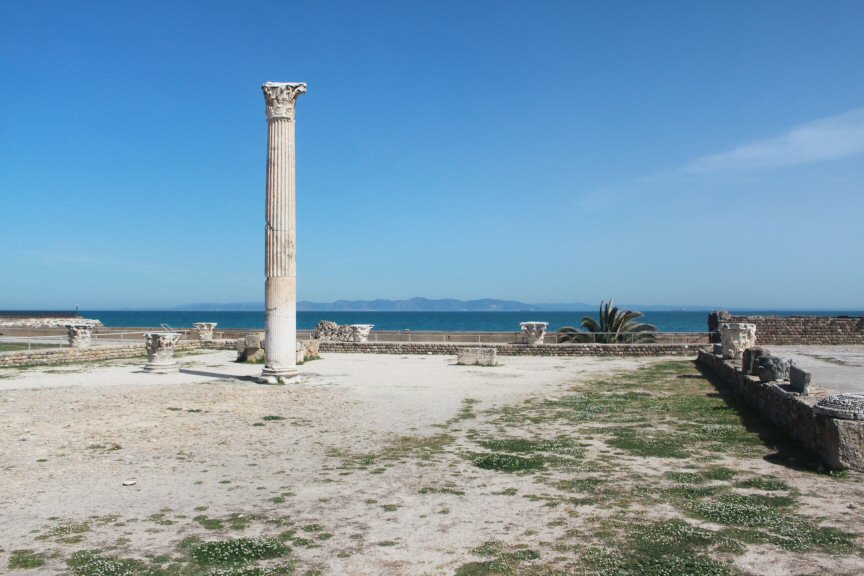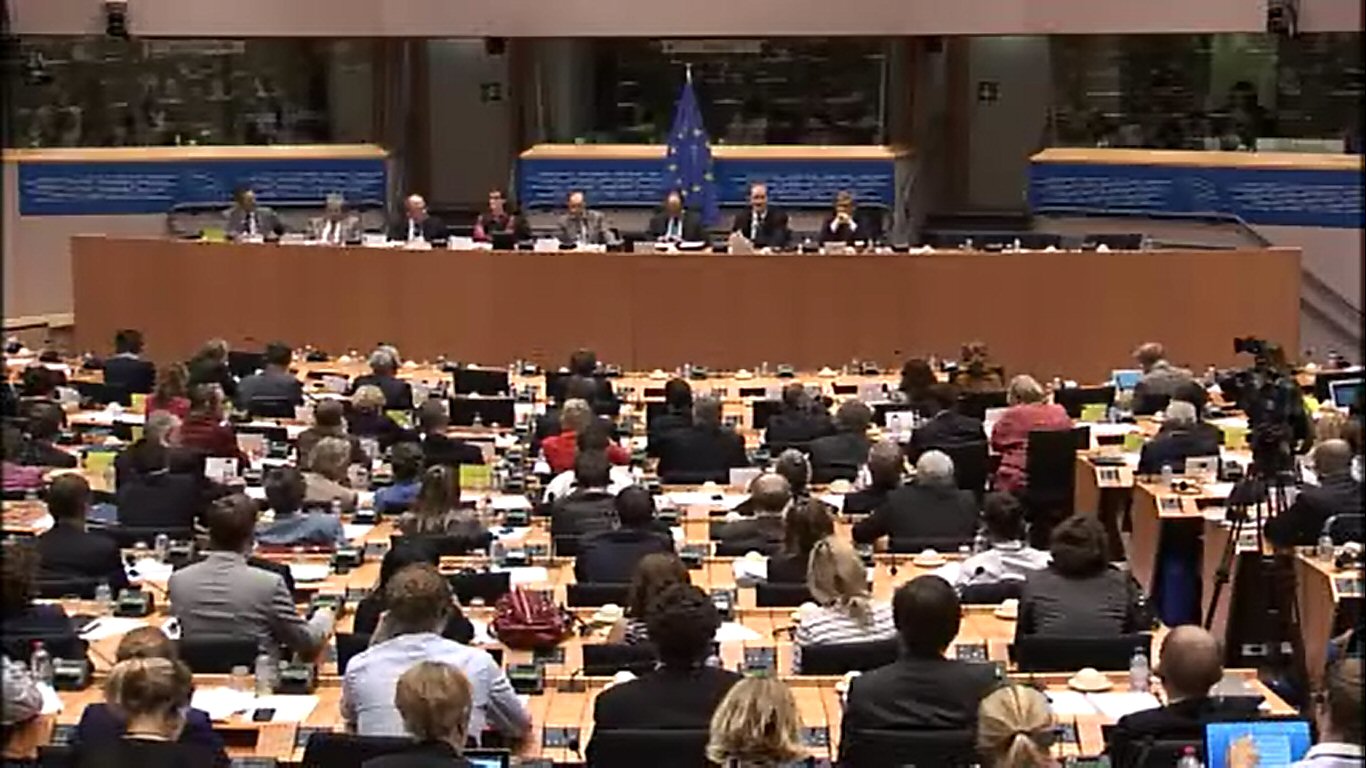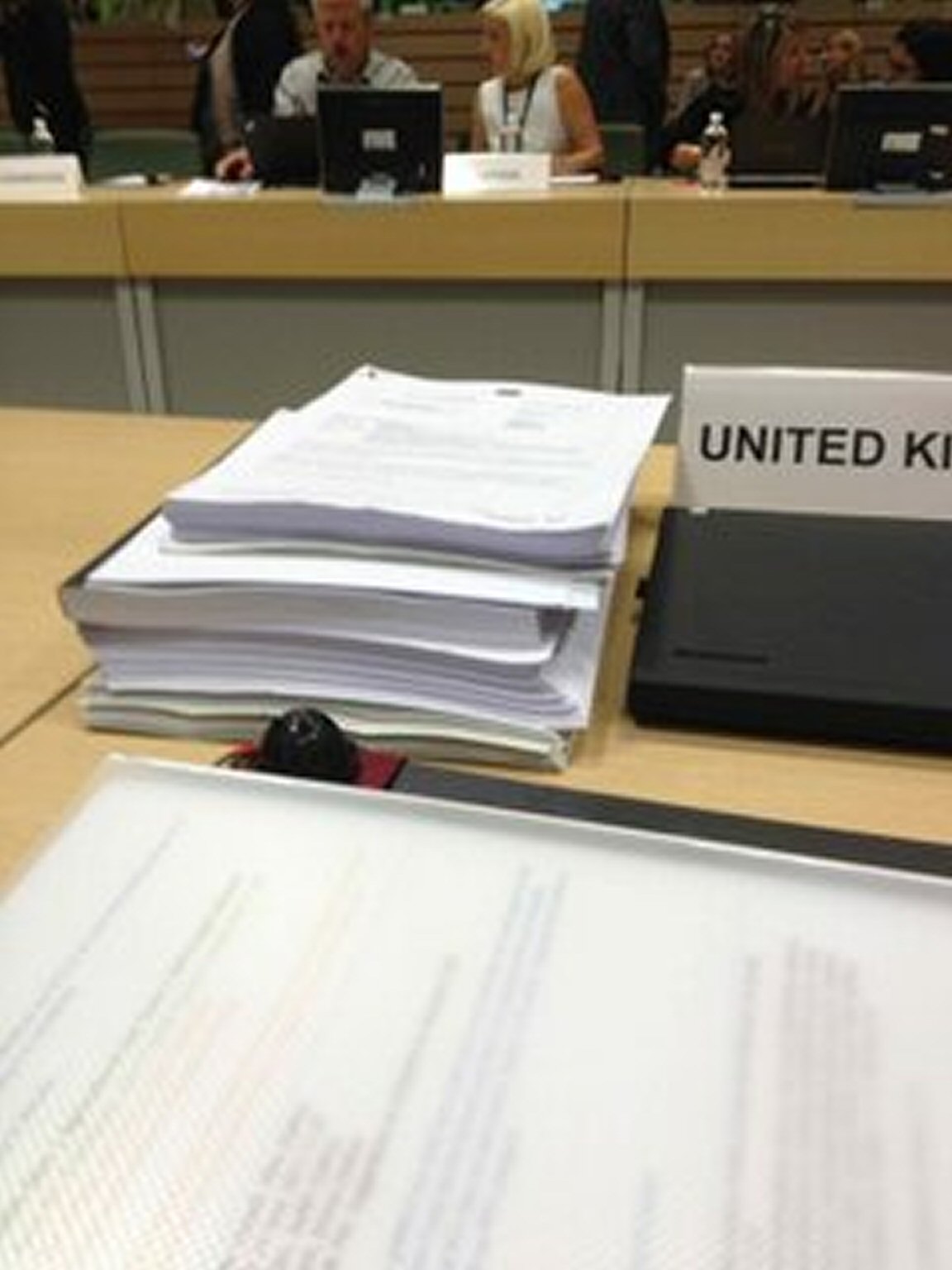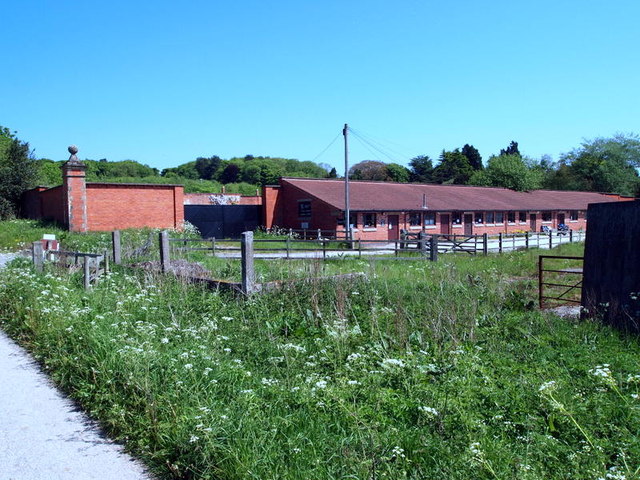When the European Council agreed on the EU’s multi-annual financial framework (MFF) for 2014-2020 in February this year, the overall allocation to the CAP’s Pillar 2 was made known but not the individual allocations to member states. Apparently, in order to secure a final agreement, each member state was told its own allocation but not that of the other countries.
It was not until May, after repeated requests from the European Parliament’s rapporteur on the rural development regulation, Luis Capoulas Santos, that the Commission communicated the individual country totals to the Parliament negotiators in the trilogue process. However, until the publication of the European Parliament secretariat’s Note European Council Conclusions on the Multiannual Financial Framework 2014-2020 and the CAP these figures were not generally available.… Read the rest







